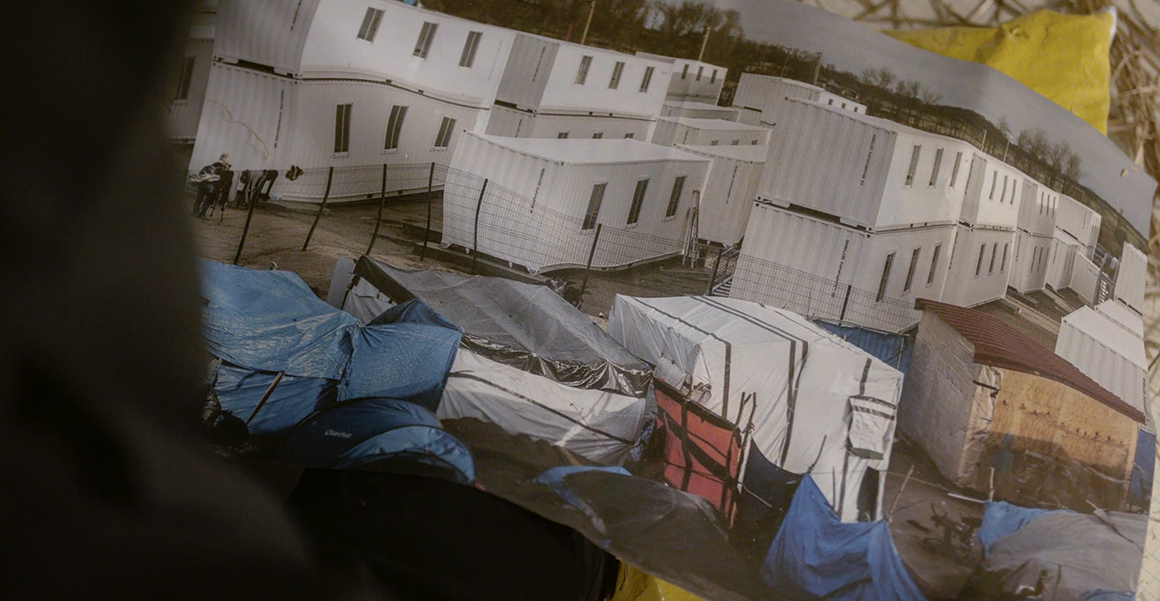The Other Side of the Fence: Racialized Geographies and Gestures of Reappropriation is the first of a series of events
The Other Side of the Fence: Racialized Geographies and Gestures of Reappropriation took place on Nov. 8. The half-day seminar was hosted by Suzy Basile, Rémy-Paulin Twahirwa, and Nayla Naoufal, as part of the exhibition Going To, Making Do, Passing Just the Same, which is currently postponed due to government restrictions.
Curated by Edith Brunette and Francois Lemieux, Going To, Making Do, Passing Just the Same will be exhibited at the Leonard & Bina Ellen Art Gallery, located inside Concordia’s J.W. McConnell Building.
Basile is from the Atikamekw community of Wemotaci Quebec and is a teacher at the School of Indigenous Studies at the Université du Québec en Abitibi-Témiscamingue (UQAT).
Twahirwa is a community organizer and a Ph.D. student at the London School of Economics, who has gained expertise in issues related to discrimination, racism, and socio-economic inequalities and has been involved in social justice causes, such as human rights, particularly those of (im)migrants and refugees.
Naoufal was born in Beirut and is based in Tiohtià:ke/Montreal. Naoufal is a cultural worker, art writer and independent researcher. She is a member of the Centre de recherche en éducation et formation relatives à l’environnement et l’écocitoyenneté at UQAM. Naoufal works with Indigenous artists in Quebec, Canada, and the world, and particularly artists and collectives working with environmental concepts and practices.
The Other Side of the Fence: Racialized Geographies and Gestures of Reappropriation was initially organized to be a live panel. Due to the pandemic, it had to be moved online.
The panel reflects on the upcoming exhibition and the conditions of people’s existence on what is currently known as Canadian territory.
Brunette and Lemieux want to explore the connection of land to people, specifically how land has been modified and damaged for many years due to society’s colonialist and capitalist ways of living. Themes such as the sense of belonging and the connection created with a certain territory as well will be discussed.
The panel focused on environmental racism and its relation to population displacements, the notion of territory, and the attachment that people feel to the land. It also pointed out the realities that Indigenous and other racialized people have been living in relation to the land, such as environmental racism, political dispossession, and mass incarceration.
Guests speakers also touched on subjects such as the resistance from Indigenous and racialized people that has been expressed throughout the years against dispossession, a person or a group of people being deprived of their land or property.
Two other events will be presented either online or on site, depending on future government restrictions. The events include a presentation of the performance Le Fil des jours by researcher and choreographer Catherine Lavoie-Marcus on the semi-abandoned grounds of the Royal Victoria Hospital and a discussion with Marisa Berry-Méndez, a researcher and writer who has expertise in immigration and settlement issues.
Going To, Making Do, Passing Just the Same remains postponed until further notice, and The Other Side of the Fence: Racialized Geographies and Gestures of Reappropriation will be available online.
